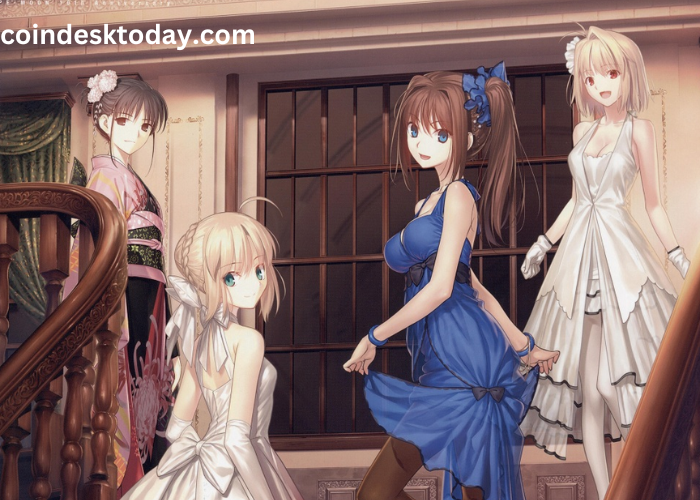Hentai, a term that often sparks controversy and curiosity, has deep cultural and historical roots that extend far beyond its modern interpretation as explicit anime and manga. To understand its evolution into a global phenomenon, we must journey back to its origins in traditional Japanese art and trace its transformation through the centuries. Explore a wide range of high-quality hentai content on Hentai3z. Enjoy the best selection of adult anime and manga in one convenient location.
Origins in Traditional Japanese Art
The roots of hentai can be traced back to the Edo period (1603-1868) in Japan. During this time, erotic art, known as shunga (春画), was produced by some of Japan’s most celebrated artists, including Katsushika Hokusai, famed for “The Great Wave off Kanagawa.” Shunga, often created in woodblock print form, depicted explicit scenes of lovemaking, and was widely accepted as a natural expression of human sexuality. These works were not considered taboo; rather, they were viewed as part of everyday life, with themes ranging from humor to romance and even satire.
Transition to Modern Manga and Anime
The 20th century brought significant changes to Japan, including Western influences and technological advancements. Manga, as a popular form of entertainment, began to evolve, incorporating more diverse themes and styles. By the 1970s and 1980s, the genre of hentai as we recognize it today started to emerge. Manga artists, known as mangaka, began to push boundaries with more explicit content, responding to a market that was growing increasingly interested in adult themes.
The term “hentai” itself, which means “pervert” or “abnormal” in Japanese, was adopted by Western audiences to describe these adult-themed works. In Japan, the genre is more commonly referred to as “ero manga” (erotic manga) or “seijin manga” (adult manga).
The Digital Revolution and Global Spread
The advent of the internet in the late 20th and early 21st centuries played a pivotal role in the global spread of hentai. Online platforms and fan communities made it easier to access, share, and discuss hentai, transcending geographical and cultural barriers. Fansubs, fan-translated versions of manga and anime, helped non-Japanese speakers to enjoy these works, further fueling their popularity.
Additionally, conventions, online forums, and social media have provided spaces for fans to connect, share artwork, and even create their own hentai-inspired content. This digital revolution has not only expanded the audience but also allowed for greater diversity within the genre, accommodating a wide range of tastes and preferences.
Cultural Impact and Controversy
Hentai’s rise to global prominence has not been without controversy. Critics argue that it can perpetuate harmful stereotypes and objectification, particularly of women. Concerns about the depiction of extreme or taboo subjects, such as non-consensual acts and underage characters, have led to debates about censorship and ethical consumption.
In Japan, laws and societal norms around explicit content have evolved, leading to stricter regulations and increased self-censorship among creators. Internationally, the legal landscape varies widely, with some countries enforcing strict bans while others adopt more lenient approaches.
Despite these challenges, hentai continues to thrive as a significant and influential subculture within the broader realms of manga and anime. It has inspired countless artists, writers, and creators, contributing to the richness and diversity of contemporary visual culture.
Conclusion
From its origins in the refined art of shunga to its current status as a global phenomenon, hentai’s evolution reflects broader changes in society, technology, and cultural exchange. While it remains a contentious and polarizing topic, its impact on art, media, and popular culture is undeniable. As hentai continues to evolve, it will undoubtedly spark further discussions about sexuality, expression, and the boundaries of artistic freedom.

